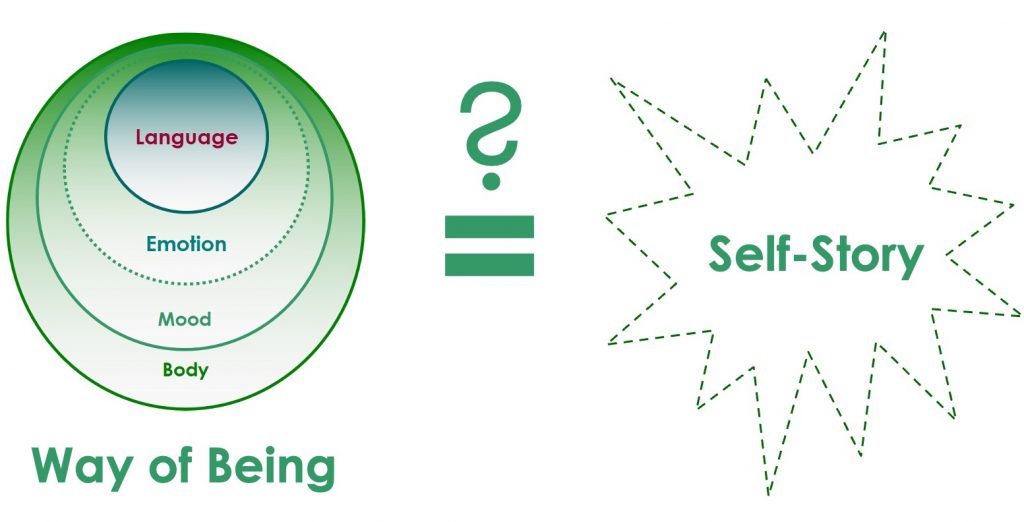
When asked most people would say they want to live an authentic life, but what does that mean?
Generally people appear to form their response on the basis of who they think is the ’real me’, which is often idealised, and see authenticity as wanting to be true to that ‘real me’.
The ‘real me’ is their ‘self-story’. The nature of their self-story will depend on their level of self-awareness and self-understanding. For some, it may be a simple one generalising their life, “I am a plumber”; or one speaking to how generally feel about themselves, “I am a good guy”. Others may have thought more deeply about how they see themselves and have a more intricate self-story speaking to their feelings, values and so on.
By starting with the ‘real me’, people assume they know themselves well. They then judge their authenticity by determining whether they live life in the manner as they believe they should live it as defined by their self-story.
In taking this approach, it is quite common for individuals to idealise their self-story and find their actions falling short of the mark. They see flaws in themselves often leading to feelings of shame, guilt, anxiety and so on. They assess themselves as inauthentic. This assessment not only creates some inner distress, it can also raise questions of whether others see them in this inauthentic way and how to deal with that. In turn, this can lead to various defensive strategies to protect one’s self-story and public identity. Our self-story is so important to us that we may take a different path and just ignore any shortcomings. We simply continue to believe our self-story is well-grounded.
Both approaches can lead to cognitive biases where those with low competence overestimate their own ability, and others with high competence underestimate their own ability. Both have a stifling effect on learning and what is possible in life. We cannot learn and grow if we feel incapable of learning or see no need to learn.
Now let’s look at the idea of an authentic life from a different perspective. Rather than starting with our self-story, let’s begin with our actions. What happens if we see our actions as being an authentic manifestation of our way of being in that moment? If we take this perspective, we can also see that we are always being genuine. It is just that we do not have a story of ourselves to always match our actions.
Although the difference in emphasis between self-story and actions may seem trivial, it is not. The second approach can give our actions legitimacy, where we can more readily accept ourselves rather than seeing ourselves as flawed. We can seek to better understand who we are with a view to determining who we might want to be. Acceptance of ourselves does not mean we have to like everything we do but does allow us to see our actions in the context of our way of being and the possibility of our becoming. Ultimately acceptance allows for self-love and growth.
So why is authenticity so important?
Many of the more significant issues people have in life relate to challenges to their sense of self and these stem from a misalignment between actions and self-story. This in turn leads to feelings of unworthiness and the fear and suffering accompanying that. These misalignments often lead to a story of being a fraud. Indeed, many of our stronger breakdowns and emotions point to a misalignment between our actions and our deep sense of self. If we are to understand our feelings and find ways to develop greater alignment in our way of being, then it is vital to develop an understanding of the basis of our alignment. In essence, this involves a level of self-awareness and the ability to declare one’s own values and beliefs and this is not always an easy matter. Yet, I would suggest it is worth the effort.
